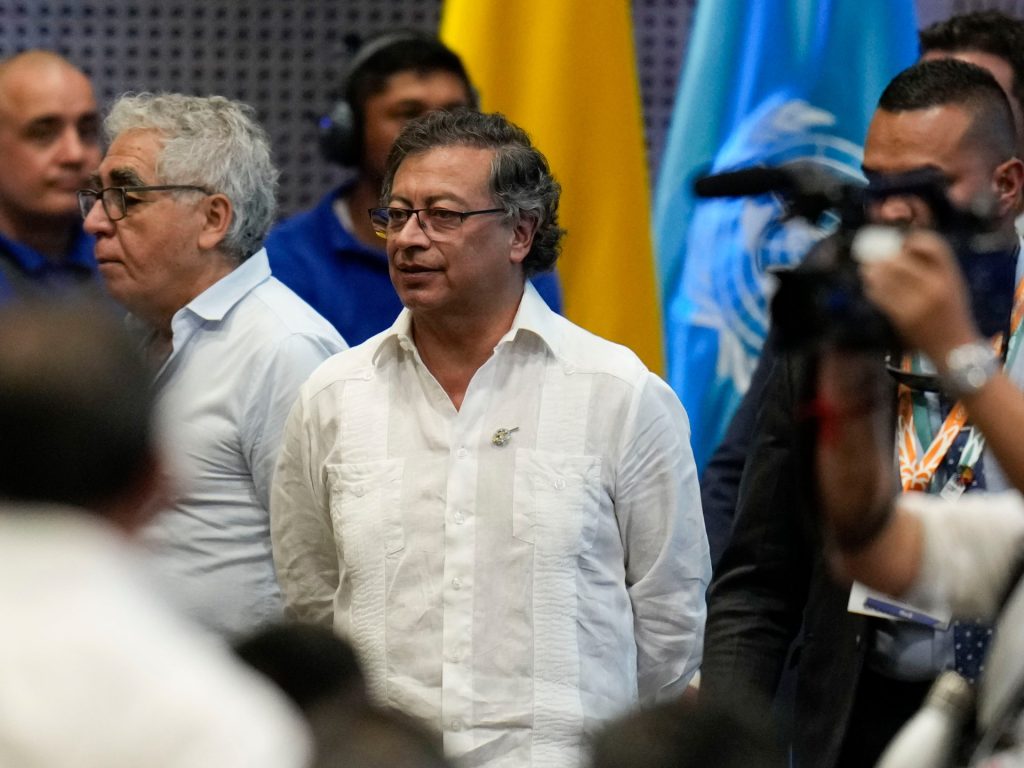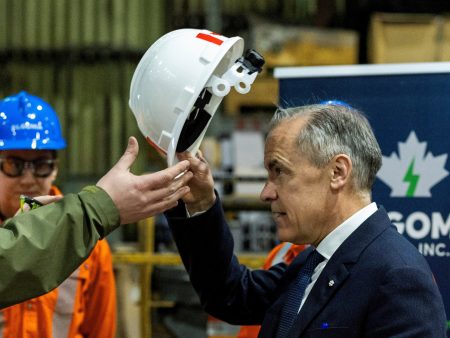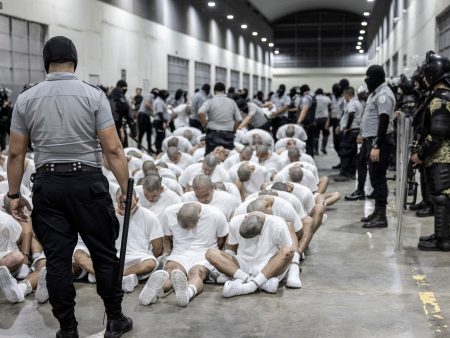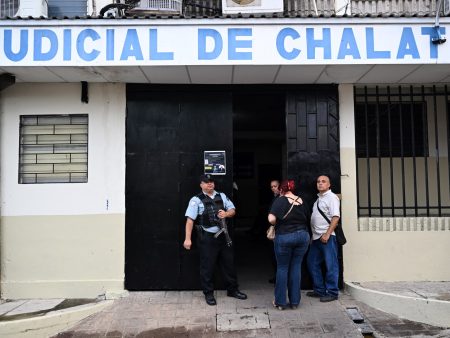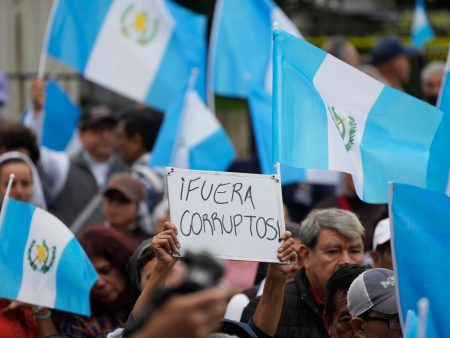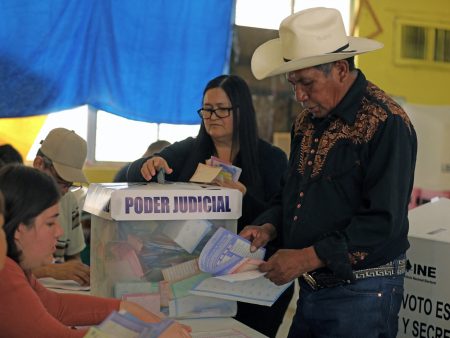The arrival of two planes carrying a total of 201 Colombian deportees from the United States marked the resolution of a diplomatic standoff between the two nations. The dispute began when Colombian President Gustavo Petro refused entry to US military aircraft carrying deported migrants, objecting to their treatment as criminals, particularly the use of handcuffs and military transport. This refusal prompted a strong reaction from the Trump administration, including the suspension of visa issuance at the US embassy in Bogotá, a travel ban on Colombian officials deemed responsible for obstructing the deportations, and threats of escalating tariffs on Colombian goods, starting at 25% and potentially rising to 50%. While Colombia initially responded with defiance, threatening retaliatory tariffs, the two countries quickly reached an agreement.
The core of President Petro’s objection stemmed from his belief that migrants, regardless of their legal status, should be treated with dignity and respect. He argued that they are not criminals but individuals seeking opportunities for work and a better life. His refusal to accept the deportees under the conditions imposed by the US government reflected his broader policy stance on migration, emphasizing the human rights of migrants and rejecting the criminalization of their movement. This position aligns with his left-leaning political ideology, which prioritizes social justice and the protection of vulnerable populations. The incident highlighted the tension between national sovereignty and international cooperation on migration issues.
The swift resolution of the diplomatic row, facilitated by negotiations between the two governments, underscored the importance of the bilateral relationship between the US and Colombia. While President Petro stood firm on his principles regarding the treatment of migrants, he also recognized the need to find a solution that avoided escalating economic tensions. The agreement reached allowed for the resumption of deportations, but with the crucial condition that the Colombian government would have greater control over the process, ensuring the dignified return of its citizens. This included the use of a Colombian air force plane for the transport of the deportees, signaling a shift away from the US-controlled military flights that had sparked the initial controversy.
The incident served as a public demonstration of President Petro’s commitment to defending the rights of Colombian migrants and asserting his country’s sovereignty. By publicly challenging the Trump administration’s approach to deportations, he positioned himself as a defender of human rights and a champion of the Colombian people, both at home and abroad. His use of social media to share photos of the arriving deportees, emphasizing their freedom and dignity upon returning to their homeland, further reinforced this message. His words, “The migrant is not a criminal. He is a human being who wants to work and progress, to live life,” resonated with many, particularly within the Colombian diaspora and among those who advocate for more humane migration policies.
The agreement reached between the US and Colombia ultimately allowed for the resumption of deportations while addressing President Petro’s concerns about the treatment of migrants. The Colombian government’s involvement in the repatriation process, including the use of their own aircraft, ensured that the returning citizens were treated with respect and dignity. This represented a compromise that allowed both countries to save face while upholding their respective priorities. For the US, it meant the continuation of its deportation policy, albeit with modifications to accommodate Colombia’s demands. For Colombia, it meant safeguarding the rights of its citizens abroad while maintaining a crucial diplomatic and economic relationship with the United States.
This incident highlighted the complexities of international migration and the challenges of balancing national interests with humanitarian concerns. It also underscored the importance of diplomatic engagement and negotiation in resolving disputes between nations. While the immediate crisis was averted, the underlying issues surrounding migration and the treatment of deportees remain significant challenges for both countries and the international community. The episode serves as a reminder of the ongoing debate surrounding migration policy and the need for a more humane and compassionate approach to addressing the needs and rights of migrants worldwide.




